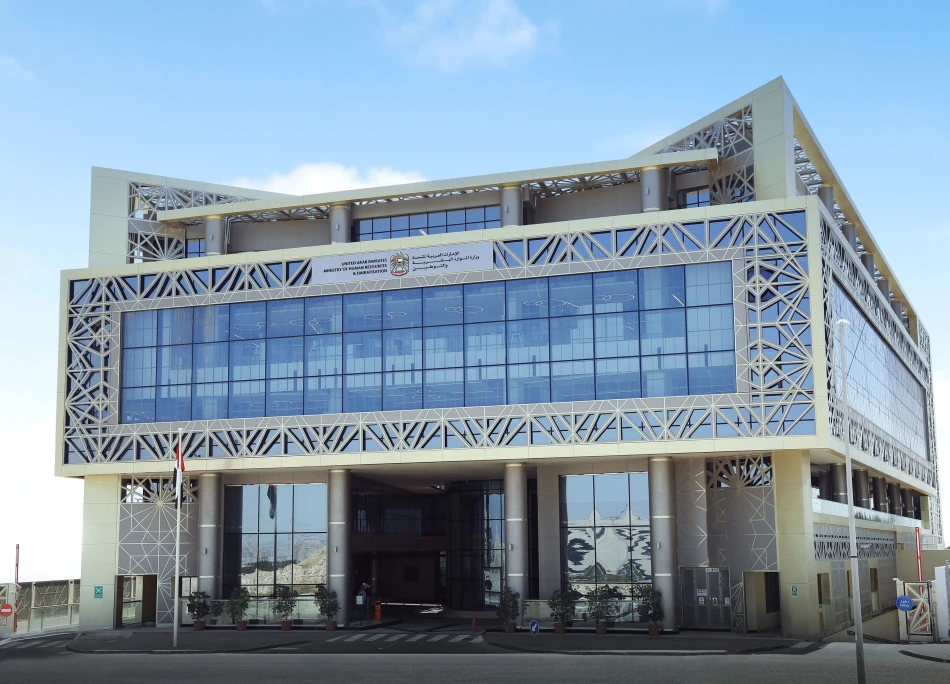
Crackdown on Unlicensed Recruitment Agencies: 40 Firms Penalized in UAE's Labor Sector Overhaul
UAE Cracks Down on Domestic Worker Recruitment Agencies with 140 Violations Recorded
The UAE's Ministry of Human Resources and Emiratisation has imposed penalties on 40 domestic worker recruitment agencies for 140 violations in the first half of 2025, signaling an intensified regulatory crackdown on an industry crucial to the Gulf state's household economy. The enforcement action reflects growing government pressure to professionalize a sector that serves thousands of expatriate families and Emirati households.
Enforcement Escalates as Refund Violations Dominate
The ministry's latest enforcement sweep targeted agencies that failed to comply with the domestic worker services law and its executive regulations. Most violations centered on agencies' failure to refund recruitment fees to employers within the mandatory two-week period after workers were returned or reported missing from their positions.
Additional violations included agencies failing to display government-approved service package pricing in visible locations for clients. The ministry warned that repeat offenders face escalating penalties, including potential license revocation—a significant threat in a competitive market where authorized agencies hold valuable government permits.
Digital Surveillance System Drives Detection
The UAE's approach reflects a broader regional trend toward digitizing labor market oversight. The ministry emphasized its deployment of both field inspections and digital monitoring systems to detect violations, responding rapidly to employer and family complaints through dedicated channels including a legal consultation hotline at 80084.
This technological approach mirrors similar initiatives across the Gulf Cooperation Council, where governments are leveraging digital platforms to monitor labor practices more effectively than traditional inspection methods.
Market Implications for Recruitment Industry
The crackdown creates a two-tier market dynamic. Compliant agencies benefit from reduced competition as non-compliant operators face penalties or closure, while the enforcement action likely increases operational costs industry-wide as agencies invest in compliance systems.
For employers—primarily expatriate professionals and wealthy Emirati families—the enforcement provides greater service reliability but may translate to higher recruitment costs as agencies pass through compliance expenses. The ministry's emphasis on "competitive and pioneering services" suggests authorities are balancing consumer protection with market competitiveness.
Regional Context and Labor Market Evolution
The UAE's regulatory intensity reflects its position as a regional hub for domestic worker recruitment, competing with established markets in Saudi Arabia and Kuwait. Unlike some regional counterparts that rely primarily on bilateral government agreements, the UAE has developed a more market-driven approach with private agencies operating under strict oversight.
This enforcement wave coincides with broader labor market reforms across the Gulf, where governments are modernizing employment frameworks to attract international talent while protecting worker rights.
Compliance Pathway Forward
The ministry's public acknowledgment that most agencies provide quality services suggests the enforcement targets a minority of bad actors rather than systemic industry problems. Agencies can maintain their competitive edge by ensuring transparent pricing, timely refund processing, and responsive customer service.
The government's provision of a licensed agency directory on its website (mohre.gov.ae) creates a clear pathway for consumers to identify compliant operators, potentially driving market consolidation toward larger, better-resourced agencies that can meet regulatory requirements consistently.
Most Viewed News

 Sara Khaled
Sara Khaled






